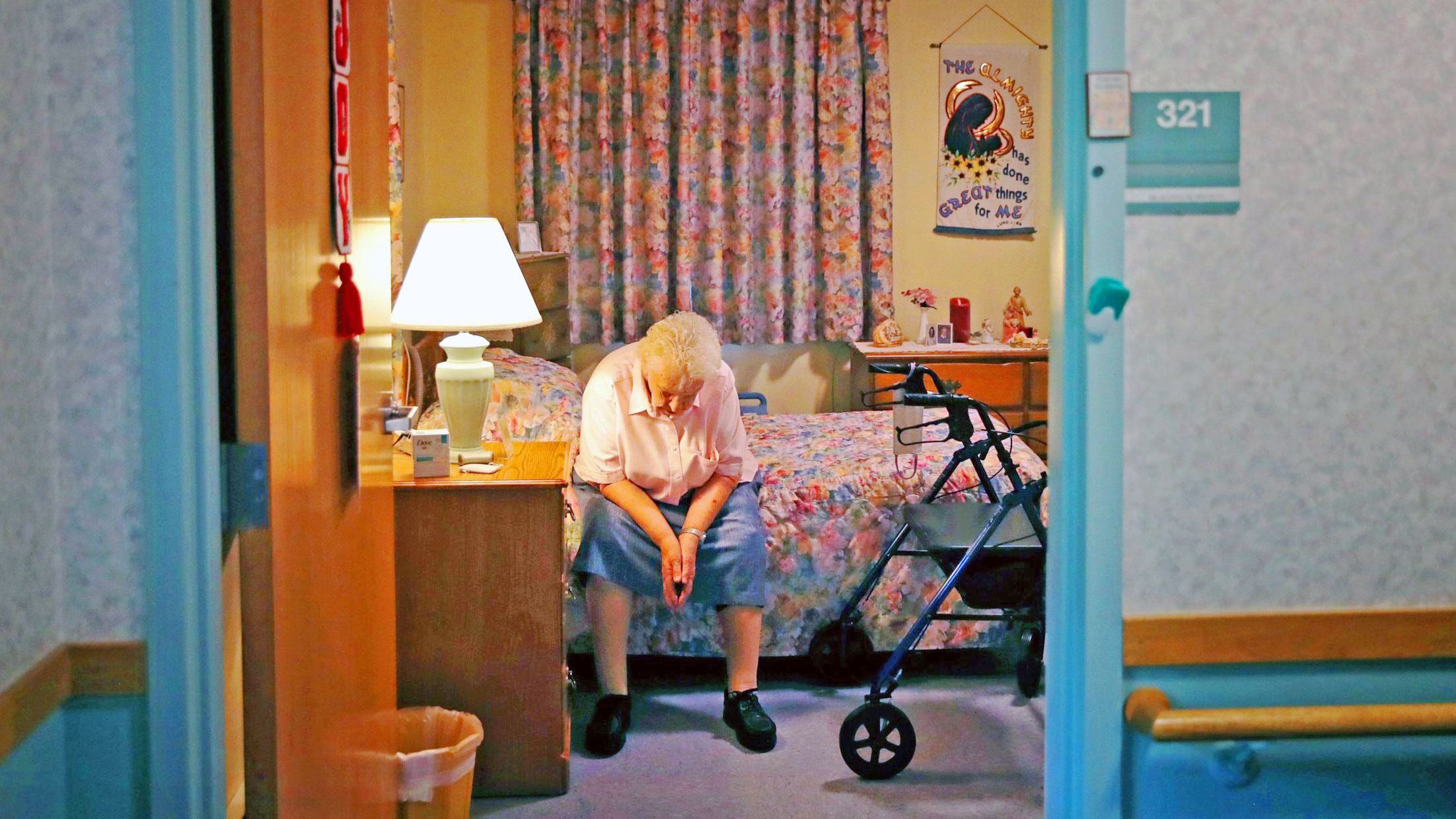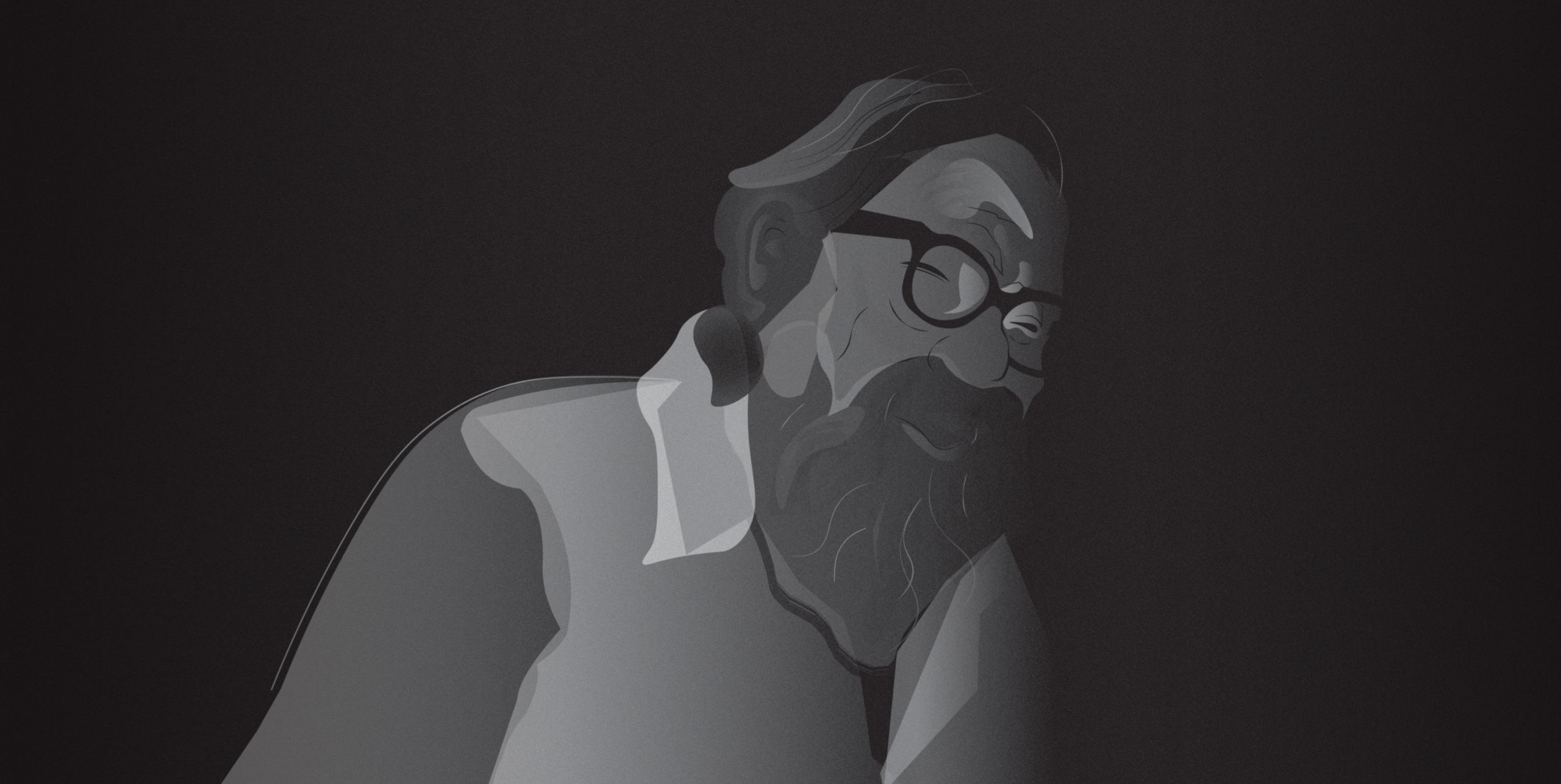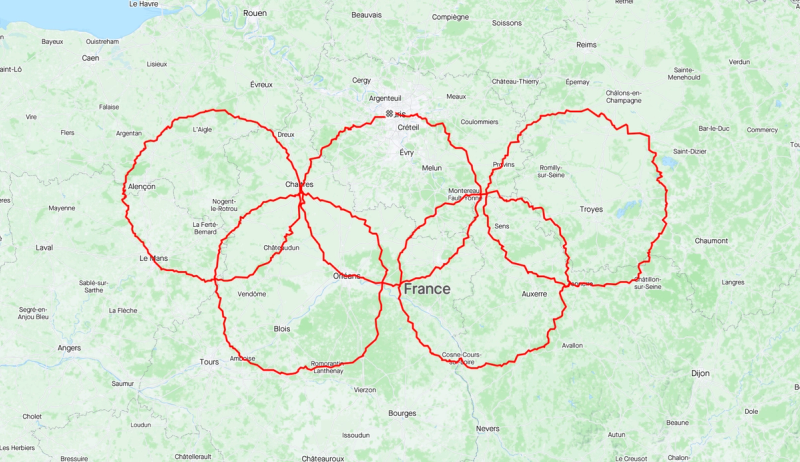
Why Do Climbers Really Die on Everest?
The fact that two experienced climbers died near the summit of Everest last week is sad but unsurprising. As Alan Arnette pointed out, expeditions on the Nepal side of the mountain alone have been averaging almost four deaths a year since the turn of the century. But the situation this year is a little more fraught, with a severe wave of coronavirus ripping through Nepal and a worsening outbreak at Everest Base Camp.
Authorities in Nepal were quick to dismiss any link between the deaths and the virus. “Reaching to that height is impossible if someone is infected with the COVID,” the director general of Nepal’s tourism department, Rudra Singh Tamang, told the New York Times. The head of Seven Summit Treks, which was guiding both of the deceased climbers, said the same thing, attributing the deaths instead to altitude illness. On the surface, that seems like a reasonable claim (and I have no specific information to either refute or support it), but it prompts a question: what is it, exactly, that does kill climbers on Everest?
There’s plenty of data on this question, thanks to the comprehensive Himalayan Database started by the late Elizabeth Hawley. And there have been several attempts by researchers to analyze the patterns in this data. Sometimes the causes of death are clear. There’s no ambiguity about the 15 people who died at Everest Base Camp in the 2015 avalanche. But when someone collapses in the so-called Death Zone above about 26,000 feet (8,000 meters), it’s much harder to distinguish between the various forms of altitude illness, cold-related injuries, and straightforward exhaustion, all of which leave them stranded to die of exposure. Even if they fall off a cliff, you don’t know whether it was a consequence of impaired balance and cognitive function due to altitude illness, or perhaps a loss of coordination from frostbite.






















